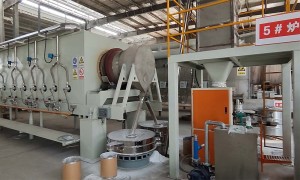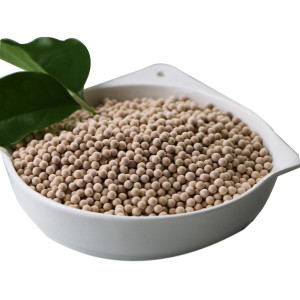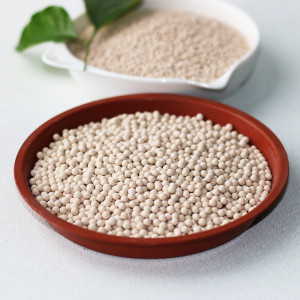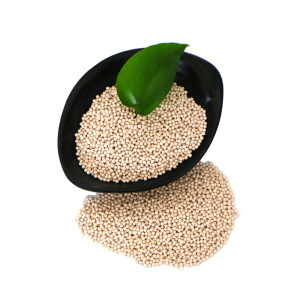molecular sieves in the drying of pneumatic brakes
The application of molecular sieves in the drying of pneumatic brakes is crucial for ensuring the efficient, stable, and reliable operation of braking systems.
Pneumatic brakes are critical components in industrial automation and transportation systems, where their performance and reliability are paramount. In these systems, compressed air serves as the primary power source to drive the brakes. However, moisture in compressed air, if not effectively removed, can lead to a decline in brake performance and even equipment damage. Molecular sieves, as an efficient desiccant, play a vital role in the drying applications of pneumatic brakes.
Working Principle of Molecular Sieves
Molecular sieves are porous materials with selective adsorption capabilities, capable of selectively adsorbing specific components in gases based on their size and polarity. In pneumatic brakes, molecular sieves are primarily used to adsorb moisture from compressed air, thereby providing dry air.
Role of Molecular Sieves in Pneumatic Brake Drying
Moisture Removal: Molecular sieves effectively remove moisture from compressed air, preventing corrosion and premature wear within the brake system caused by moisture.
Prevention of Freezing: In low-temperature environments, moisture in compressed air may freeze, causing the brake to malfunction. Molecular sieves prevent freezing by removing moisture.
Enhanced Braking Performance: Dry compressed air ensures the responsiveness and braking effect of the brake, improving overall braking performance.
Types and Selection of Molecular Sieves
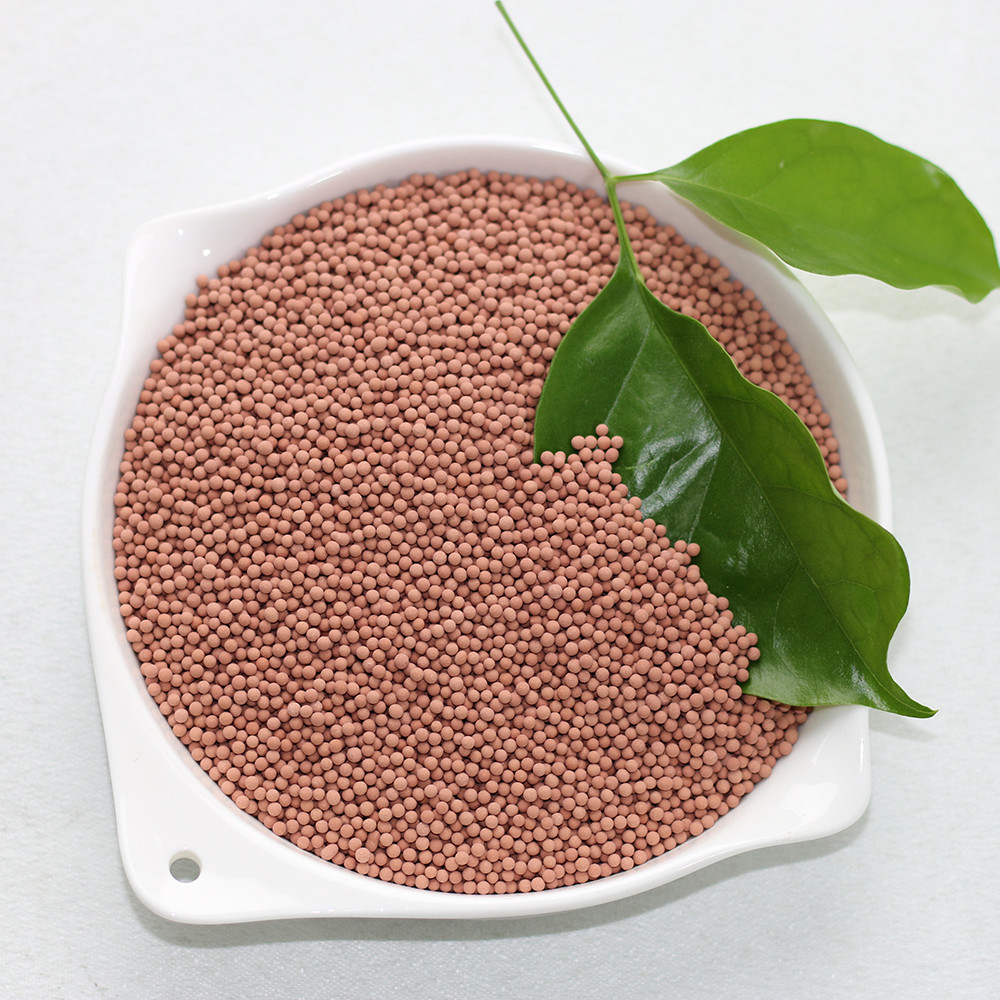
Common types of molecular sieves used in the drying of pneumatic brakes include:
Type 4A Molecular Sieve: With higher water molecule adsorption capacity, suitable for drying needs in high-humidity environments.
The appropriate type of molecular sieve should be selected based on the specific working conditions of the brake and the quality requirements of the compressed air.
Advantages of Molecular Sieves
Efficient Drying: Molecular sieves provide efficient drying effects, ensuring stable brake performance.
Easy Maintenance: The adsorption capacity of molecular sieves can be restored through a regeneration process, simplifying maintenance work.
High Reliability: The use of molecular sieves enhances the reliability of pneumatic brakes, reducing maintenance and downtime.
Environmentally Friendly: Molecular sieves are a renewable desiccant with minimal environmental impact.
The application of molecular sieves in the drying of pneumatic brakes is crucial for ensuring the efficient, stable, and reliable operation of braking systems. By effectively removing moisture from compressed air, molecular sieves help prevent equipment damage, improve braking performance, and extend the service life of brakes. As the demand for high-performance brakes in industrial automation and transportation systems continues to grow, the application of molecular sieves in this field will be increasingly valued.
